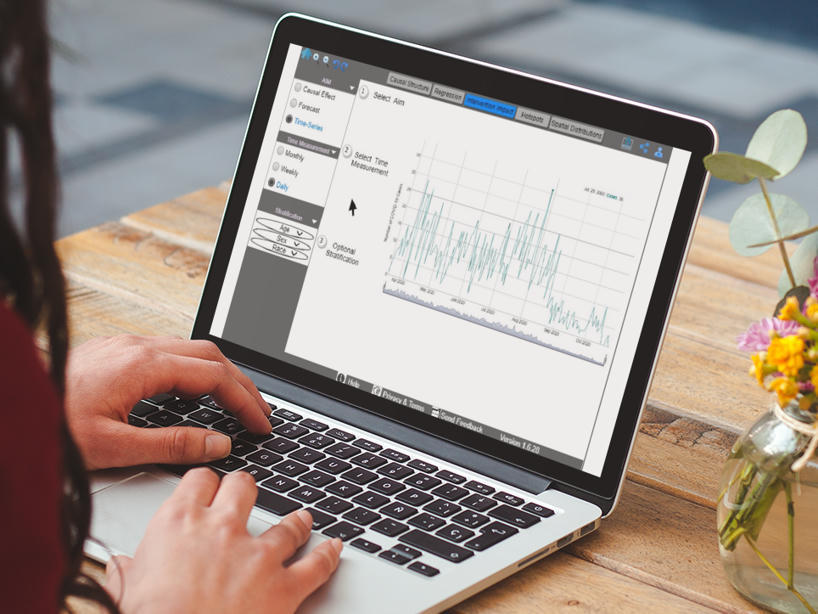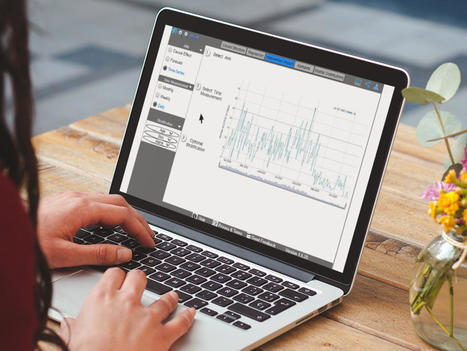jmir

The COVID-19 pandemic is the greatest public health crisis of the last 100 years. Countries have responded with various levels of lockdown to save lives and stop health systems from being overwhelmed. At the same time, lockdowns entail large socioeconomic costs.
One exit strategy under consideration is a mobile phone app that traces the close contacts of those infected with COVID-19.
Recent research has demonstrated the theoretical effectiveness of this solution in different disease settings. However, concerns have been raised about such apps because of the potential privacy implications. This could limit the acceptability of app-based contact tracing in the general population. As the effectiveness of this approach increases strongly with app uptake, it is crucial to understand public support for this intervention.
Objective: The objective of this study is to investigate the user
acceptability of a contact-tracing app in five countries hit by the pandemic.
Methods: We conducted a largescale, multicountry study (N=5995) to measure public support for the digital contact tracing of COVID-19 infections.
We ran anonymous online surveys in France, Germany, Italy, the United Kingdom, and the United States and measured intentions to use a contact-tracing app across different installation regimes (voluntary installation vs automatic installation by mobile phone providers) and studied how these intentions vary across individuals and countries.
Results: We found strong support for the app under both regimes, in all countries, across all subgroups of the population, and irrespective of regional-level COVID-19 mortality rates.We investigated the main factors that may hinder or facilitate uptake and found that concerns about cybersecurity and privacy, together with a lack of trust in the government, are the main barriers to adoption.
Conclusions:
Epidemiological evidence shows that app-based contact tracing can suppress the spread of COVID-19 if a high enough proportion of the population uses the app and that it can still reduce the number of infections if uptake is moderate. Our findings show that the willingness to install the app is very high. The available evidence suggests that app-based contact tracing may be a viable approach to control the diffusion of COVID-19.
read the study at https://mhealth.jmir.org/2020/8/e19857
Lire l'article complet sur : mhealth.jmir.org

COVID-19 is impacting people worldwide and is currently a leading cause of death in many countries. Underlying factors, including Social Determinants of Health (SDoH), could contribute to these statistics. Our prior work has explored associations between SDoH and several adverse health outcomes (eg, asthma and obesity). Our findings reinforce the emerging consensus that SDoH factors should be considered when implementing intelligent public health surveillance solutions to inform public health policies and interventions.
Objective: This study sought to redefine the Healthy People 2030’s SDoH taxonomy to accommodate the COVID-19 pandemic. Furthermore, we aim to provide a blueprint and implement a prototype for the Urban Population Health Observatory (UPHO), a web-based platform that integrates classified group-level SDoH indicators to individual- and aggregate-level population health data.
Methods: The process of building the UPHO involves collecting and integrating data from several sources, classifying the collected data into drivers and outcomes, incorporating data science techniques for calculating measurable indicators from the raw variables, and studying the extent to which interventions are identified or developed to mitigate drivers that lead to the undesired outcomes.
Results: We generated and classified the indicators of social determinants of health, which are linked to COVID-19. To display the functionalities of the UPHO platform, we presented a prototype design to demonstrate its features. We provided a use case scenario for 4 different users.
Conclusions: UPHO serves as an apparatus for implementing effective interventions and can be adopted as a global platform for chronic and infectious diseases. The UPHO surveillance platform provides a novel approach and novel insights into immediate and long-term health policy responses to the COVID-19 pandemic and other future public health crises. The UPHO assists public health organizations and policymakers in their efforts in reducing health disparities, achieving health equity, and improving urban population health.
access the study at https://publichealth.jmir.org/2021/6/e28269/
Lire l'article complet sur : publichealth.jmir.org



